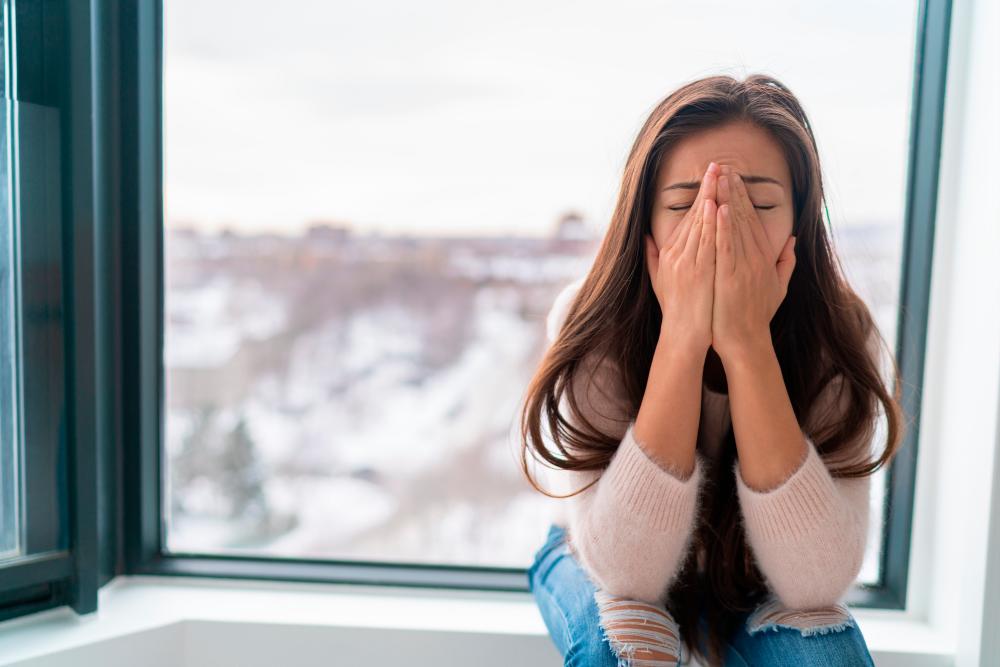THE prolonged period of working from home and being unable to participate in most social events has left us a little out of practice when it comes to interacting with others. As the Covid-19 pandemic situation improves, we may find ourselves easing back into our old routines, and will soon be able to return to familiar social situations at school, work or leisure.
But for some people, the entire lockdown experience has left them with some mild feelings of social anxiety. The situation is even worse for those who were already suffering from social anxiety prior to the pandemic.
Social anxiety is different from ordinary shyness. While shyness is a temporary emotion, social anxiety is a persistent and debilitating condition that sees a sufferer experiencing great difficulty interacting during social situations.
This condition prevents them from performing well at school or work, and can even stop them from having meaningful relationships or friendships with people outside of their family.
Symptoms of social anxiety
Social interaction may cause physiological symptoms such as blushing, sweating and difficulty in speaking. Body posture will also be affected, which can be seen in an involuntary stiffening or trembling of the limbs.
A person may also experience a sudden onset of nausea or dizziness before or during the interaction.
Social anxiety disorder can also manifest in psychological symptoms as well. These include a sudden crippling fear of other people and social situations, as well as feelings of acute embarrassment or stress.
It is important to remember that symptoms may not occur during every social situation. Those with mild social anxiety may experience symptoms only during major events, such as having to give a presentation in front of a big crowd. Those with extreme social anxiety can experience it in any social setting, even when talking to people whom they know.
During these situations, a person with social anxiety will often try to avoid social situations or interactions with others, sometimes leading to feelings of isolation and low self-esteem.
What can be done?
Treatment vary from person to person. For the majority of people with mild to moderate symptoms, they can start by learning to control their anxiety. This can come in the form of practising breathing or meditation exercises, and by replacing negative thoughts with positive ones.
They may also face their fears head on, through exposure therapy (continuing to participate in social situations in order to build self confidence), or group therapy, where they and others who suffer from social anxiety can practise social skills by role-playing among themselves.
Other factors, such as a poor diet or lack of sleep, may also contribute to the condition. Reducing the intake of stimulants like caffeine will help to reduce feelings of anxiety. A good night’s sleep of at least eight hours also helps a person feel calm and well-rested the night before a major social event.
In more extreme cases, a doctor may prescribe one of three types of medication – anti-anxiety drugs, anti-depressants and beta-blockers. To prevent a patient from becoming too reliant on them, doctors usually prescribe them for short periods, usually to supplement behavioural therapy rather than as the primary form of treatment.
With proper treatment, the outlook for people with social anxiety is rather positive. It is important to remember not to give up on treatment too early. Behavioural and psychotherapy, as well as medication, take time to be effective.
Remember that practising a healthy lifestyle can also work wonders to treat cases of mild social anxiety. Make sure to get enough sleep and exercise, keep to a healthy diet and turn to family and friends whom you trust for support.










